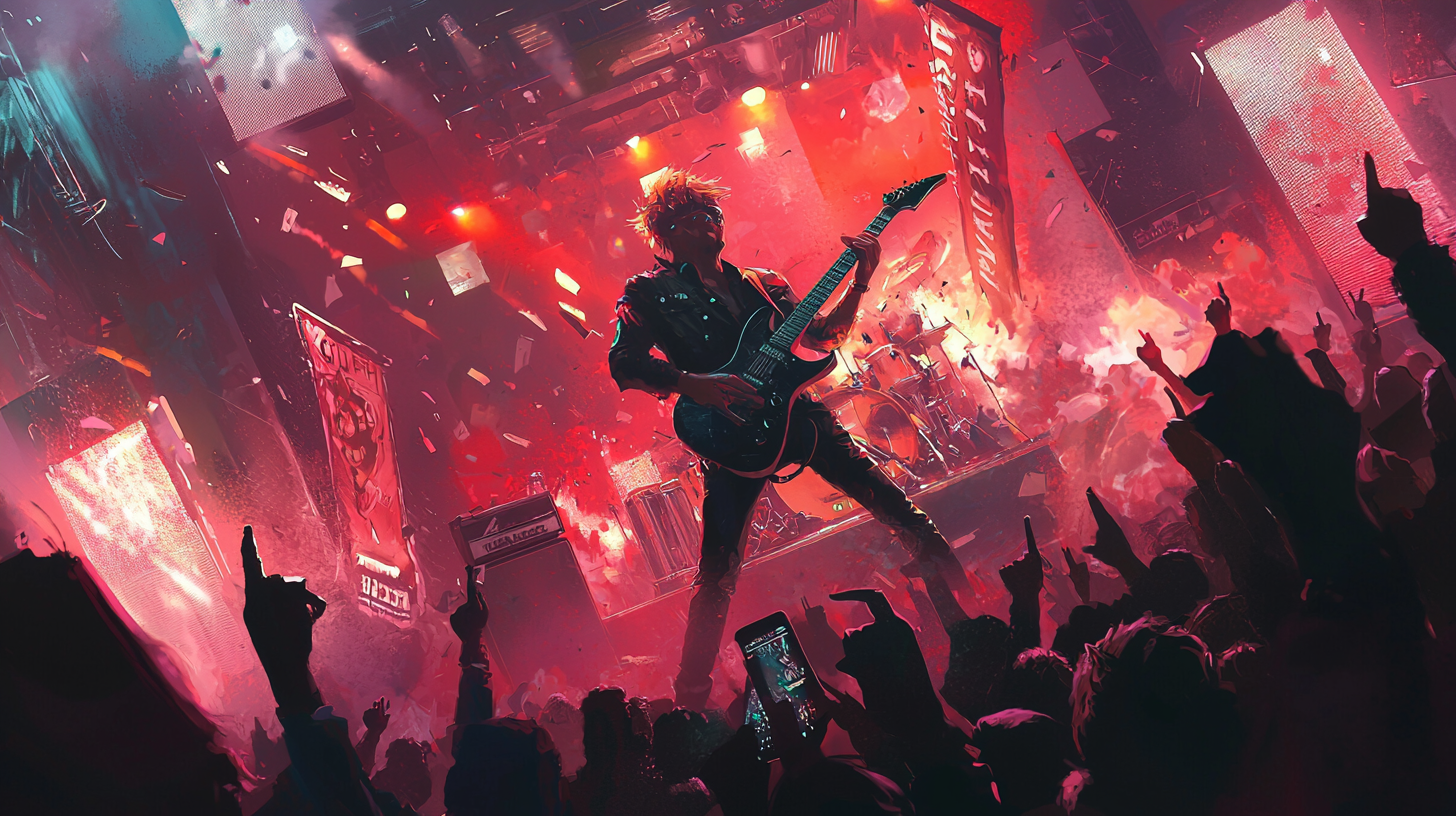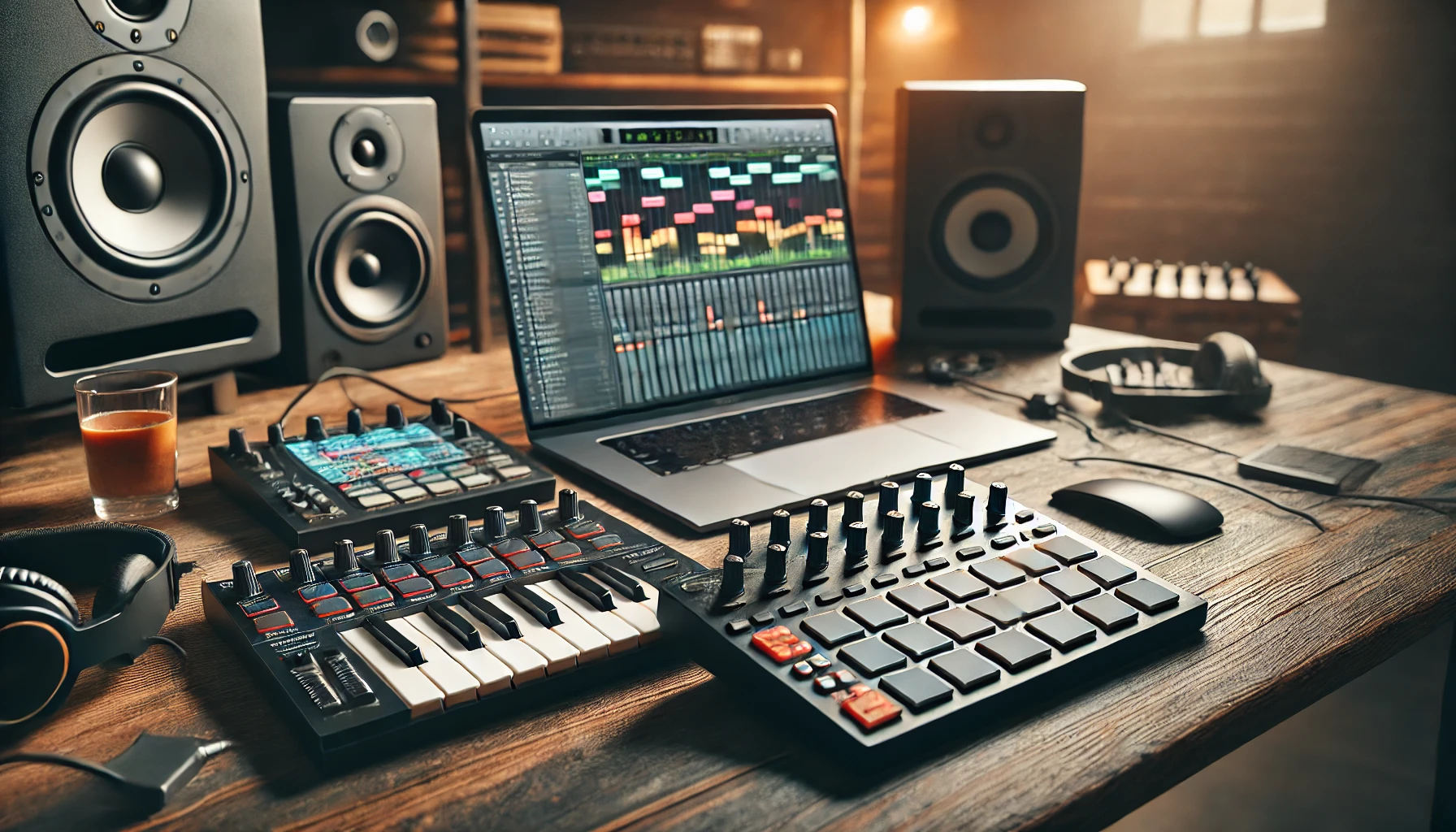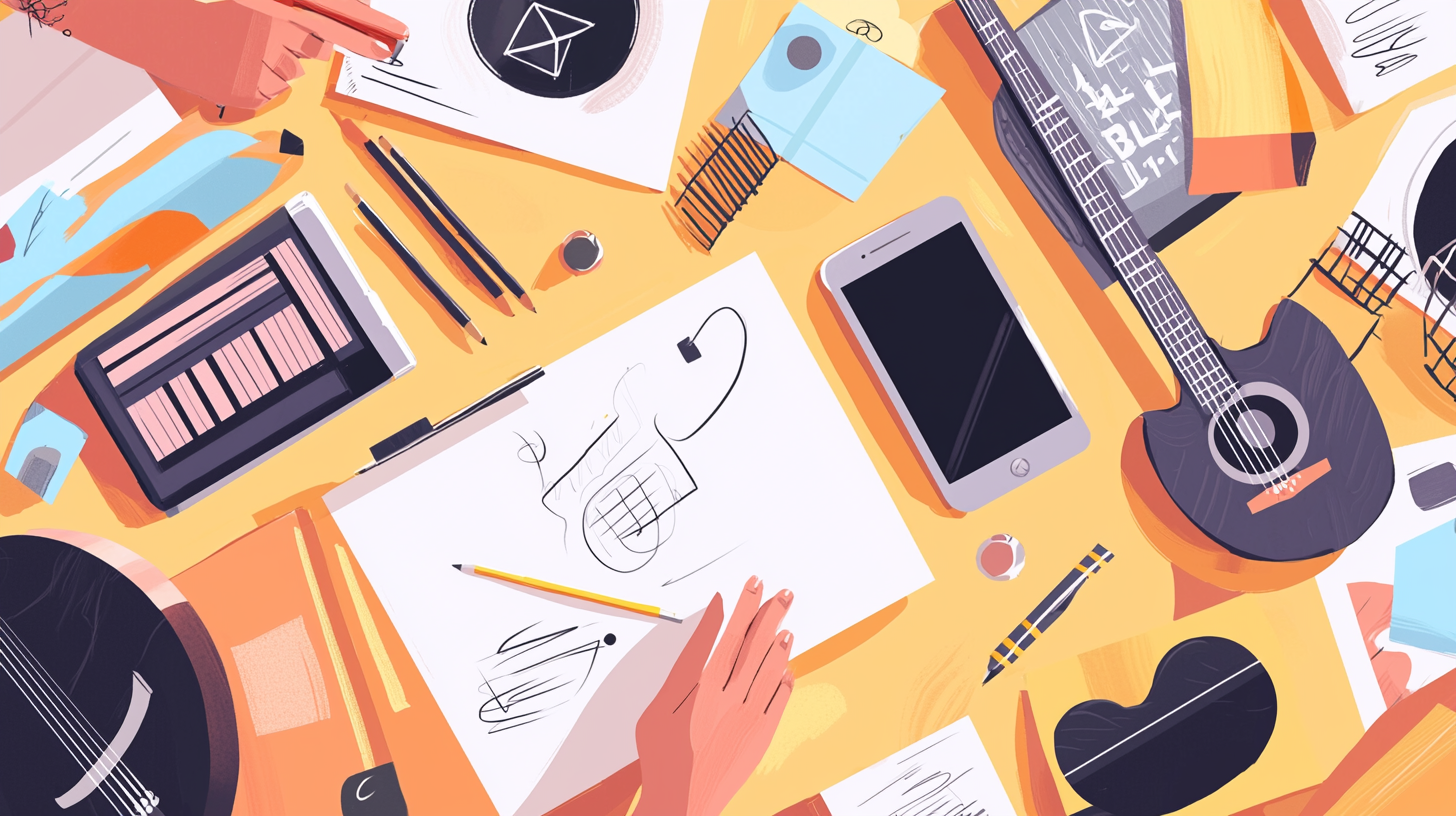How to Get Your First Gig as a Musician: A Step-by-Step Guide
Securing your first gig as a musician is a significant milestone in your career. Playing live allows you to showcase your talent, gain experience, and build a fanbase. However, landing that first opportunity can be challenging without a plan. Whether you’re aiming to perform at a local venue, open mic, or online concert, the key is preparation, persistence, and networking.
In this guide, we’ll cover effective strategies for booking your first gig, from building your portfolio to using platforms like Muibas to connect with other musicians and gain exposure.
- Build a Strong Music Portfolio
Before reaching out to venues or event organizers, you need to have a solid music portfolio that showcases your skills. Venues and promoters want to hear what you sound like and see that you’re serious about your music.
What to Include in Your Portfolio:
- High-Quality Recordings: Record a few of your best tracks, even if they’re just demo versions. Make sure the sound quality is professional enough to leave a good impression.
- Live Performance Footage: If possible, record yourself performing live (even if it’s just a rehearsal or home performance). Venue managers want to see how you engage with an audience.
- Artist Bio: Write a concise bio that highlights your musical style, influences, and any previous performances (if applicable). This should give a quick overview of who you are as an artist.
- Professional Photos: Include high-quality photos for promotional purposes. These are important for venues to use in their advertising and on social media.
Muibas Tip:
If you’re just starting out and need to build a portfolio, use Muibas to collaborate with other musicians and create high-quality recordings. You can also join virtual iBands on Muibas to gain experience working with others and producing tracks that can be added to your portfolio.
- Start with Open Mics and Local Events
Open mic nights are one of the easiest ways to get your foot in the door. These events are designed for musicians who are just starting out, and they give you a chance to perform in front of a live audience without the pressure of booking a full gig.
How to Find Open Mic Opportunities:
- Local Venues and Bars: Check your local bars, cafes, or small music venues for open mic events. Many cities have regular open mic nights that welcome new performers.
- Community Centers or Schools: Some community centers or schools offer performance opportunities for local musicians. These may not always be glamorous, but they help you gain experience.
- Online Listings: Websites like OpenMicFinder.com or Facebook groups dedicated to local musicians can help you locate open mic events in your area.
Muibas Tip:
Use Muibas to connect with other musicians who regularly perform at open mic nights. They can introduce you to new venues and give you advice on which spots are best for newcomers.
- Network with Local Musicians and Venues
Building relationships with other musicians and venue managers is essential for landing gigs. Networking will help you learn about new opportunities and get your name in front of the right people.
Networking Strategies:
- Attend Local Gigs: Go to shows and events in your area, even if you’re not performing. Introduce yourself to other musicians, venue owners, and booking agents. Many gigs come through personal recommendations, so building connections is key.
- Support Other Artists: Be supportive of other musicians by attending their shows and promoting their work. This can create mutual support, where they might recommend you for future gigs or invite you to open for them.
- Engage with Local Music Groups: Join local music groups on Facebook or other platforms to stay updated on gig opportunities and meet other artists in your scene.
Muibas Tip:
On Muibas, you can discover other local musicians and bands who are looking for collaborators or live performance opportunities. By joining a virtual iBand or working on a collaboration project, you can build relationships with other musicians who can help you get your first gig.
- Reach Out to Venues
Once you’ve built a portfolio and gained some experience, start reaching out to venues directly. Small venues, bars, and cafes are more likely to book new artists, especially if you’re willing to perform for free or for tips at first.
How to Approach Venues:
- Email Pitch: Send a concise, professional email to venue managers or booking agents. Include a link to your portfolio (SoundCloud, YouTube, or Bandcamp) and mention why your music fits their venue. Keep it short but informative.
- Follow Up: If you don’t hear back, follow up after a week. Be polite and show that you’re serious about wanting to perform at their venue.
- Be Flexible: When starting out, be open to playing on less popular nights or opening for other acts. This helps you build experience and get your name out there.
- Use Online Platforms to Book Virtual Gigs
With the rise of virtual events, musicians can now book online gigs, which are especially useful if you can’t perform locally. Streaming platforms like Twitch, YouTube, and Stageit allow you to perform live for a global audience.
Tips for Virtual Gigs:
- Set Up Proper Equipment: Invest in a good microphone, camera, and streaming software to ensure high-quality audio and video for your performance.
- Promote Your Show: Use social media and email newsletters to promote your virtual gigs. Offer incentives like exclusive songs or Q&A sessions to engage your audience.
- Monetize Your Virtual Gig: Platforms like Stageit allow fans to tip during performances, helping you earn money even if you’re just starting out.
Muibas Tip:
Collaborate with other musicians on Muibas to co-host virtual gigs. This can help you attract more viewers by combining your fanbases and promoting the event together.
- Prepare for Your First Gig
Once you’ve booked your first gig, preparation is crucial to ensure a successful performance.
What to Focus On:
- Rehearse Your Set: Practice your songs until you can play them flawlessly. Make sure to rehearse the order of your setlist and transitions between songs to keep the energy flowing.
- Soundcheck: Arrive early to do a soundcheck. This allows you to get comfortable with the venue’s equipment and ensure your sound is perfect before the show starts.
- Promote the Event: Promote your gig on social media, send reminders to your email list, and invite friends, family, and fans to come support you.
- Keep Building Relationships After the Gig
After your first gig, it’s essential to continue building relationships with the venue and the people you met. Always thank the venue manager, sound engineer, and other staff for the opportunity.
Post-Gig Tips:
- Follow Up: Send a follow-up email thanking the venue for the opportunity and ask if they have other nights available for future performances.
- Network with the Audience: After the show, engage with your audience. Talk to fans, exchange contact information, and direct them to your social media accounts to stay connected.
- Document the Performance: If possible, record your performance and add it to your portfolio. This will help you land future gigs.
Muibas Tip:
Stay active on Muibas after your first gig by sharing your performance highlights and connecting with other musicians who are looking for live performance opportunities. Collaborating with them can lead to more joint gigs and long-term partnerships.
Conclusion: Leverage Muibas for Collaboration and Exposure
Getting your first gig as a musician is a combination of preparation, networking, and persistence. Whether it’s starting with open mics, leveraging online platforms, or collaborating with other musicians on Muibas, every step you take brings you closer to achieving your performance goals. By building a strong network, continually improving your craft, and actively seeking out opportunities, you’ll soon find yourself booking more gigs and growing as a performer.


